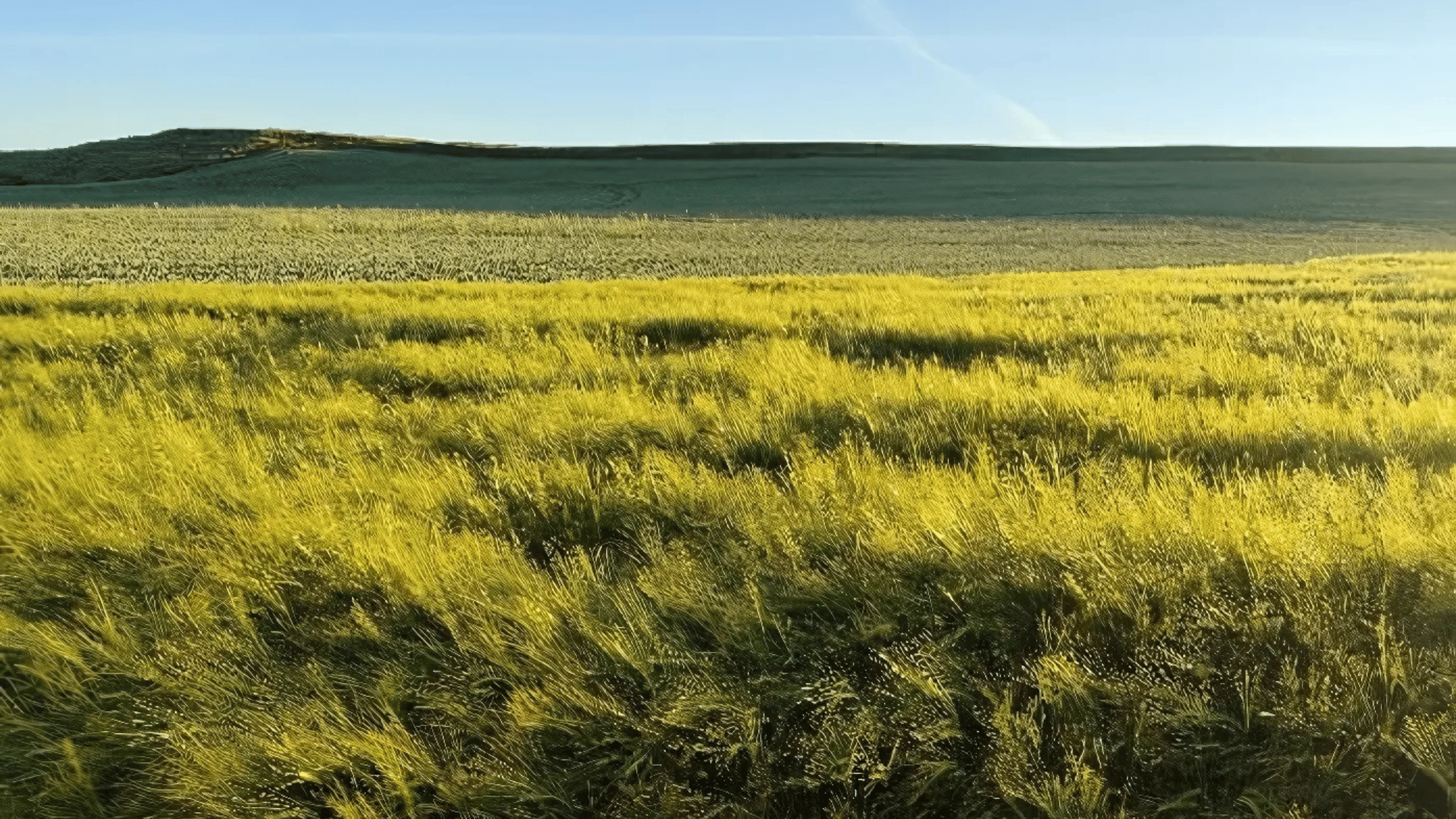To the end of the world and back
The Rev’d Katie Smith is Assistant Curate in the Eardisley with Bollingham and Willersley, Brilley, Michaelchurch, Whitney, Winforton, Almeley and Kinnersley Benefice as well as Chaplain to the Deaf Church for our diocese and Rural Dean for Kington & Weobley. She recently returned from walking the Camino and sent us this extract from an article for the July issue of Offa Tree News.
Just last week I came back from the Camino de Santiago. The Camino de Santiago is a pilgrimage route across northern Spain finishing at Santiago de Compostela and the tomb of St James. It demands the whole pilgrim, body, mind and the soul.
The first is tackled from St Jean Pied de Port to Burgos - the physical challenge of the climb over the Pyrenees and the strengthening of muscle and fitness. The walk of ten to fifteen miles a day, every day, does its work and did I feel it!
Part two is the mind, challenged in the unending rolling hills of the agricultural heartland of northern Spain. The Meseta is a landscape of little shade, miles and miles of straight roads, a place for thoughts and dreams to have their time. Contemplation and prayer have their space too. A bit of a Marmite challenge. I have loved the peacefulness and the scenery but not so much the hours on straight roads and the heat.
This is where the Camino family becomes so important. It is the support and encouragement of relationships, some fleeting and some reacquainted daily over rest breaks and the cafés along the way, that become essential parts of the days. These are the times where help is given and also accepted, which I think for many of us is the more difficult.
The third section is time for the soul to climb along with the mountains. The mixed emotions, thankfulness and sadness along with joy and relief, were all present as I walked into the square in front of the Cathedral. A time to look back with thanks for all the experiences and forward with a new understanding of self and what can be taken back of the Camino spirit into daily life.
Santiago was not the end of the journey. I carried on to Finesterra, or Fisterra in Galician. The Romans thought that this was the earth's westernmost point and therefore that the world ended here. It is a place full of myth and legend where, the ancient peoples believed, the land of the living touched the land of the dead.
The word Camino in Spanish means, path, road or way. A place where a journey is undertaken. This can be for all sorts of reasons; a walk in a favourite place, an adventure, a little bit of time out or a journey to a holy place locally or space to be rather than to do. Taken alone or alongside others the Camino offers time to reflect. It is a journey that can be taken physically but equally mentally and spiritually as well.
Santiago, Finisterra or home is not the end of the journey; but a journey that will continue in the heart, mind and life of this returning pilgrim.
– ENDS –

